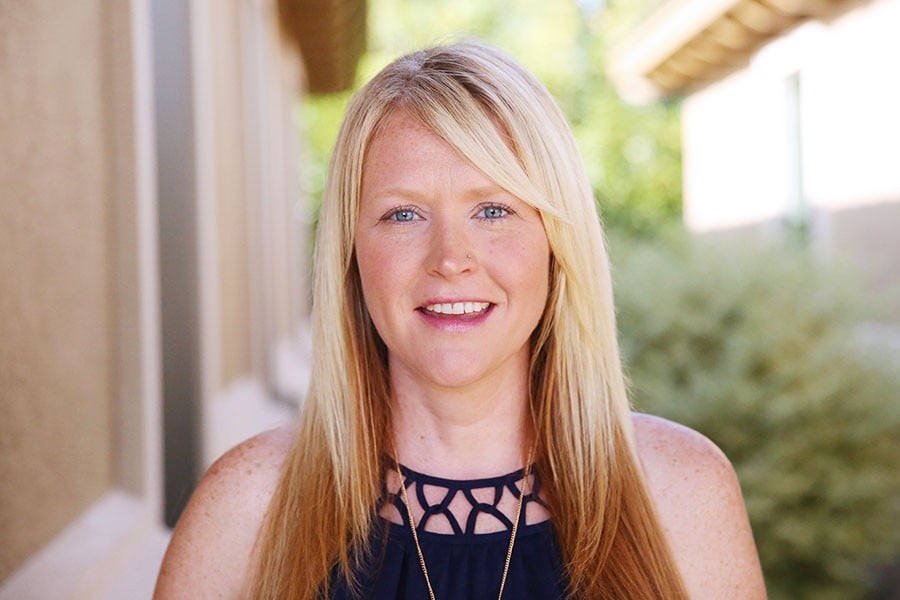5 Things to Know About the Marriage Counseling Process

 Listen to this article
Listen to this articleBest-selling author Gary Chapman released a book several years ago titled The Four Seasons of Marriage.
Basically, it explains the fact that all marriages go through changes and transitions; that it’s normal to have moments when you feel like your relationship with your spouse is better than it’s ever been and also to have moments when you’re wondering if your union will last.
You can go to the book’s website to take a test to see “what season you’re in”. But honestly, if you want to do all that you can to nurture your marriage, you’ll need to do more than simply take an online quiz. It’s also a good idea to get some marital counseling advice too.
If the thought of opting for counseling for marriage or seeing a marriage consultant or therapist makes you feel uncomfortable (to say the least), that’s understandable.
Unless you personally know some individuals who can personally vouch for the marriage counseling benefits that come with seeing a professional counselor, you might wonder if:
- A) it’s going to work for you, and
- B) if it’s going to ultimately prove to be a waste of time and money.
We won’t lie to you. Marriage counseling is not a quick fix. But if you’re willing to give it a try, there is a lot of good that can come out of going through the marriage counseling process. No matter what season your relationship might be in.
What happens in marriage counseling sessions truly stay in that session. So if you have any fear of someone else finding out about your personal problems you can put your faith in the patient-therapist agreement.
The length and number of marriage counseling sessions that you and your spouse might be attending would more or less be contingent upon the state of your current relationship.
Just make sure that before seeing a marriage counselor that you keep the following marriage counseling steps in mind:
1. You need to find a good counselor
One of the first steps in marriage counseling is finding the right counselor. Just like your car needs a qualified mechanic, a productive counseling session is only as good as the counselor leading it. So, make sure to take out the time to do some research.
Referrals are always good. But if you don’t personally know someone who can recommend a counselor, you can use a search engine to find counselors in your area. Just make sure that they are licensed and also that they can provide you with 3-5 past and present referrals upon request.
You can also search for marriage and family counselors through reputable and credible directories to find a therapist search feature, such as:
- National registry of marriage-friendly therapists
- Gottman institute referral directory
- American association of marriage and family therapists (AAMFT) therapist locator directory
International center for excellence in emotionally-focused therapy (ICEEFT)
2. Both you and your spouse need to be open to going
One reason why marriage counseling doesn’t work very effectively for some couples is that one of the spouses basically feels like they were forced to go.
You might have heard a personal trainer say something along the lines of “No one is going to lose weight or get into shape until they are ready” and that is so true. The same thing goes for spouses in marriage counseling. Both are going to need to want to be there.
Now that’s not to say that you shouldn’t go even if your spouse doesn’t have the desire (counselors can still give even one half of a couple some great tips and ideas). But if you want to get the absolute most out of the experience, both individuals should definitely give it a shot.
3. Couples need to go regularly and consistently
Your marriage was not established overnight. Therefore, you’re going to need more than one session before you can see the benefits that come from going to marriage counseling. So how often should you go? Honestly, that depends on your marriage, your situation, and your schedule.
That said, make your first appointment, share with the therapist the issues that you have and then be open to what they say regarding how often they should see you and for how long. Then be committed to seeing them—for as long as it takes.
4. Sometimes things get worse before they get better
If you and your spouse have been going through the day-to-day of marriage without really communicating or connecting, while you both might sense that something is wrong, you might not realize just how wrong until you’re in a counseling session.
It’s a counselor’s job to “go beneath the surface” to see what is causing issues within a marital relationship. Don’t let what they uncover shake you though. As the old saying goes “Surgery hurts but it ultimately heals.”
The same thing goes for uprooting problems in marriage and then working to restore it.
5. You’re going to need to be patient
Here’s something else to keep in mind about the marriage counseling process: Just like you have good and not-so-good days in your marriage, you’re probably also going to have times when your sessions are awesome and others when you wonder why you went at all.
Marriage counseling is proven to be beneficial; however, it’s not a magic trick that changes things immediately. You’ve got to be willing to be patient and to push through feelings of fatigue, cynicism, or fear in order to see real and lasting results.
And you know what?
At some point within your sessions, your marriage counselor will probably tell you that you’ll need to do the same thing when it comes to working on your marriage and getting it to where you want to be too.
That’s OK.
It’s all a part of the process that will help to maintain a marriage that will prove to be happy and long-lasting.
 Tips
Tips
Write your tip or submit a video tip
All tips are reviewed before the publishing.
Share this article on
Want to have a happier, healthier marriage?
If you feel disconnected or frustrated about the state of your marriage but want to avoid separation and/or divorce, the marriage.com course meant for married couples is an excellent resource to help you overcome the most challenging aspects of being married.

 Reviewed By
Reviewed By
























 We'd love your feedback!
We'd love your feedback! Thanks for your feedback!
Thanks for your feedback!
